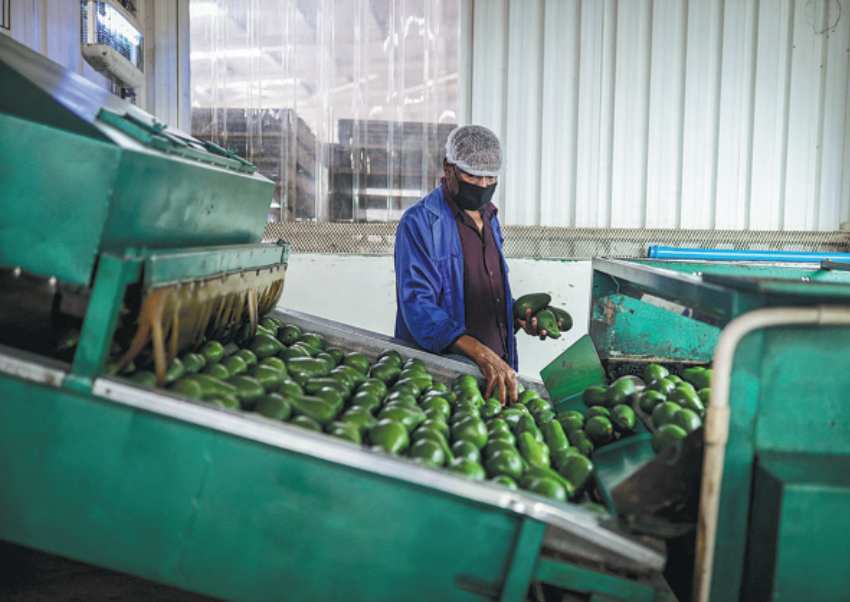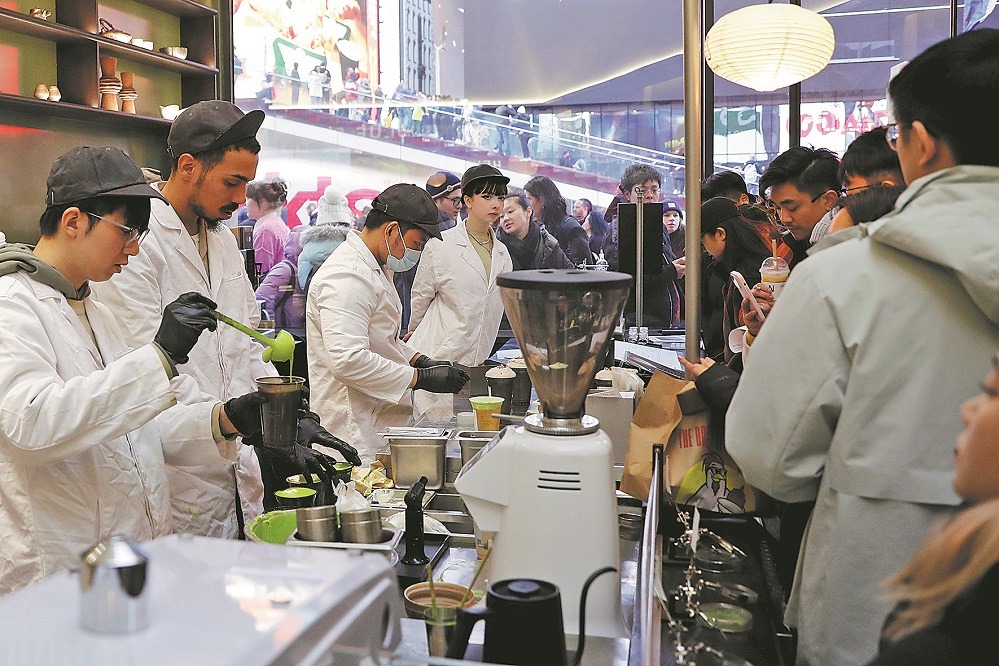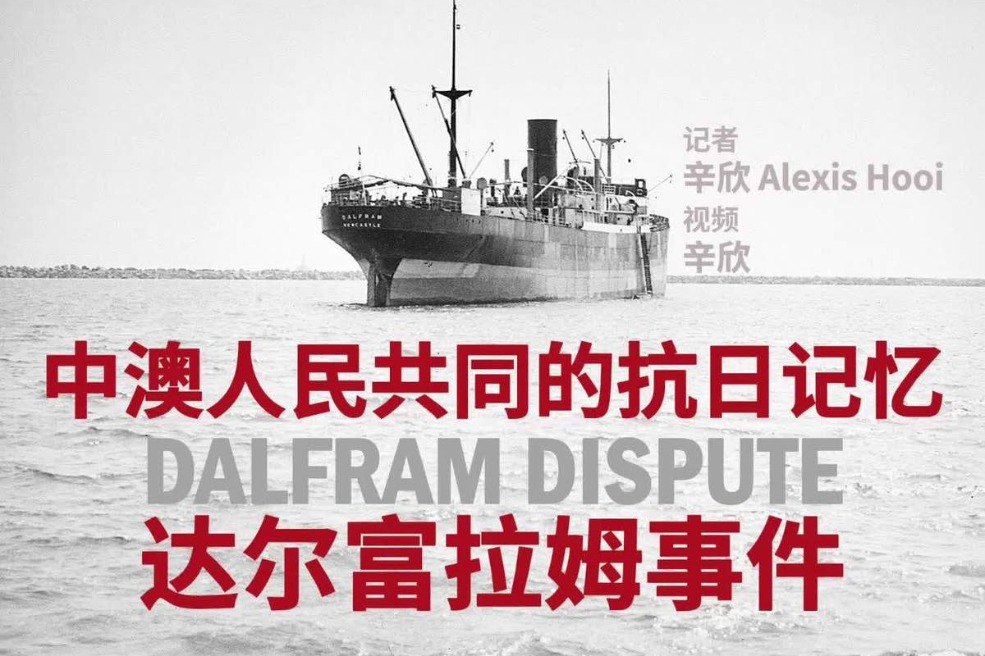South Africa seeks levy relief, eyes market diversification


South Africa is negotiating with the United States to scrap or reduce a 30 percent tariff imposed by Washington last week, while making progress in trade diversification, senior officials say.
Parks Tau, South Africa's minister of trade, industry and competition, said in a media briefing on Tuesday that they have been engaging with US counterparts since Friday after the tariffs took effect, to remove them or get a mutually beneficial trade deal.
They are negotiating with the US while seeking markets in other parts of the world, Tau said. "The Cabinet has approved that South Africa submit a revised offer as a basis for negotiations with the US."
The new offer builds on the previous offer submitted in May and "substantively responds to the issues the US has raised in the 2025 National Trade Estimate Report", he said.
"The government is going to do everything possible to keep the American market open for our goods. We will, at the same time, accelerate our efforts to diversify markets and build on the efforts we have put in place to ensure predictability in trade and leverage all our existing partnerships to secure markets for our products."
South Africa has already addressed sanitary and phytosanitary measures in compliance with the biosecurity protocols affecting poultry and pork, Tau said. Under the protocol, the US can leverage the Tariff Rate Quota of 72,000 metric tons agreed in 2016.
Meanwhile, he said his country will use the African Continental Free Trade Area to increase exports across Africa. South Africa will chair the Southern African Customs Union next month, where they will discuss the "unilateral trade tariffs" and decide on the mitigating measures as a region, he added.
"The diversification is a strategic imperative to ensure better resilience of our economy to economic shocks. This is not a plan B; it is a plan A for long-term resilience and competitiveness.
"We are looking at Asia — including Japan, Vietnam and Thailand — the Middle East, and India. We are pursuing these markets because we see growing demand, existing negotiations and a positive reception to South African products. This is not just about trade numbers; it is directly linked to job protection."
Also on Tuesday, South Africa's Agriculture Minister John Steenhuisen said the country anticipates signing a deal with China next month to export plums, peaches, nectarines, apricots and prunes.
The minister recently accompanied Deputy President Paul Mashatile to visit China, meeting various industries to increase South Africa's footprint there.
"For the first time, we have been negotiating with China on five products, which are plums, peaches, nectarines, apricots and prunes," Steenhuisen said.
"We are to conclude the signing of the protocol next month. We are exploring the zero-tariff platform from China. We are also engaging in zero tariffs, on what it means when we can start benefiting from it.
"We see some market growth potential there. China is one of the most populous countries, and if we get more consumers for our products, the better."
China has announced a zero-tariff policy granting duty-free access to all 53 African countries with which it has diplomatic relations. South Africa would like to diversify its trade markets to prevent "overexposure" going into the future, Steenhuisen said.
He expressed concern that, while negotiating with Washington on tariffs, some US officials are raising "other issues outside that space".
The US is South Africa's third-largest trading partner after the European Union and China, accounting for about 7.5 percent of its exports. Meanwhile, South Africa is the 43rd export destination for US goods and accounts for just 0.25 percent of US imports. The country is therefore not a threat to US production, Tau said.
Complementary ties
He added that South Africa intends to prove that its exports do not pose a threat to US industries and that the trade relationship is, in fact, complementary. Tau said they will join more than 130 countries affected by the US tariffs to trade with them.
South Africa will assist local companies in boosting domestic sales of products, with the online platform's future export capability to support export market diversification, he said. They will help companies affected by tariffs to get alternative trade deals in other parts of the world and financial support, he added.
Bongani Motsa, a senior economist at the Minerals Council South Africa, said that among those expected to be hit by US tariffs are South Africa's iron ore and diamond sectors.
"The direct impact will be minimal. With iron ore, the US market is about 0.2 percent of South Africa's total iron ore exports (volumes). The indirect impact is significantly more difficult to quantify," he said.
"The tariffs imposed by the US on key South African trading partners — including China, the European Union and India — along with any retaliatory measures they may adopt, will largely influence the demand for South African mineral exports."
The writer is a freelance journalist for China Daily.
































